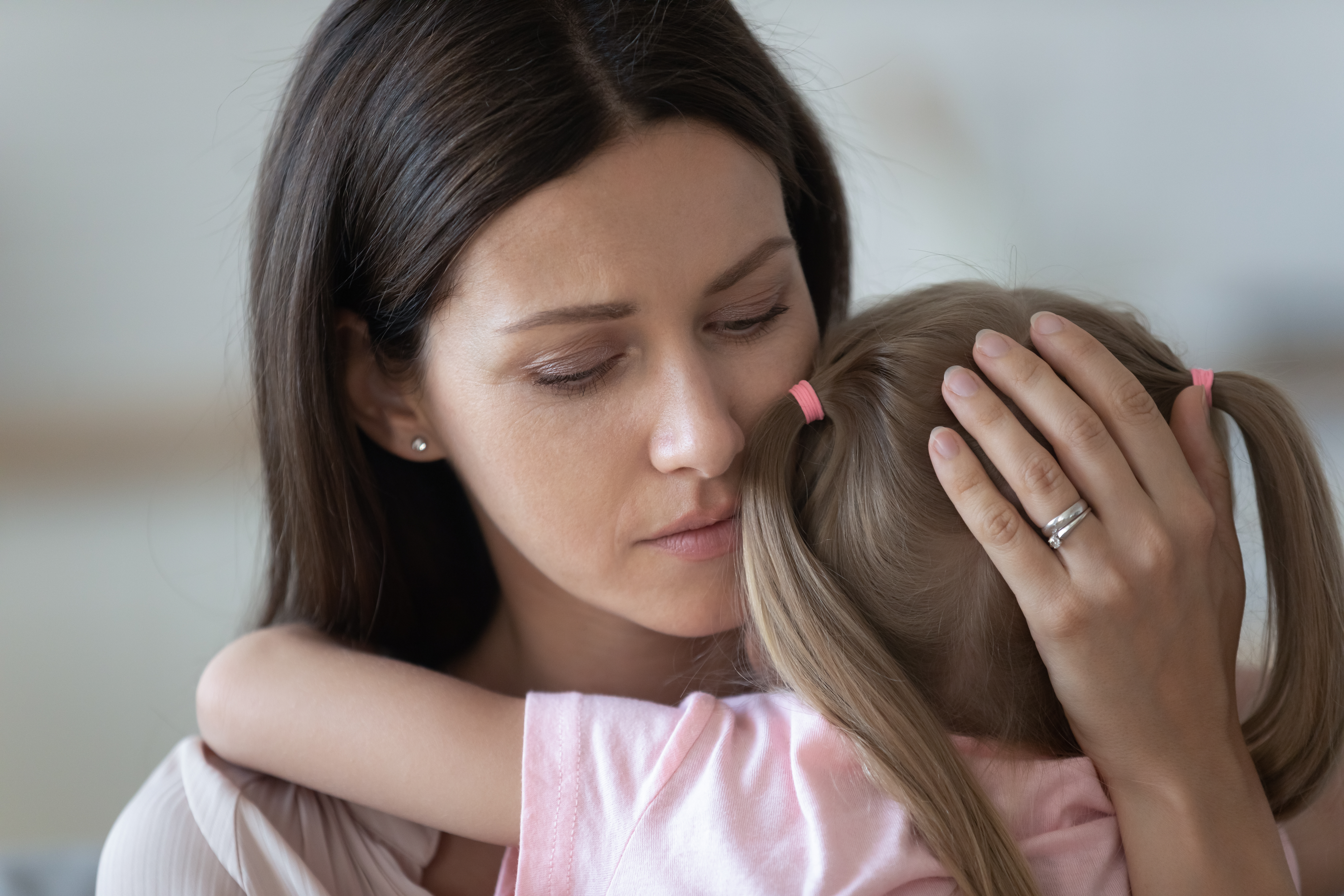
As children grow and learn about the world around them, it’s only natural for them to develop fears about different situations. As parents and caregivers, we play an important role in empowering children who are nervous or fearful through our modeling, responses, and actions.
6 Tips to Empower and Encourage A Nervous or Fearful Child
Is your child nervous about diving into social situations or fearful of sleeping in their own room? The keys to overcoming fear and anxiety in children are building confidence and offering supportive guidance. Here’s how you can help your little one do that:
Be a Role Model
Helping an anxious child starts with being a role model. Be mindful of how you tackle stressful situations yourself. Do you let your anxiety get the best of you or do you take a deep breath and work through it, one step at a time?
Children of all ages look to those they trust the most to gauge their reactions to different environments and situations. Your calm, confident attitude toward anxiety-causing events can help little eyes learn new ways to cope with their fears.
Be a Supportive Figure
Regardless of how silly a fear might seem to you, your child’s anxiety is logical to them. Lend a supportive ear and be a person whom your youngster can rely on when they need guidance to work through their fears.
Make it known that you’re there to talk to when needed. Ask questions about what your child feels, and ask how you can help. Sometimes, a simple hug is all it takes to give your kiddo the comfort they need.
Avoid Excessive Reassurance
Reassuring a child that everything will be okay can be helpful, to an extent. But it’s almost impossible for a child to see past the fear when they’re truly anxious about something, and all the reassurance in the world won’t do much to curb it.
It’s also important to validate your child’s fears. Saying that everything will be okay regardless of how your little one feels right now does the opposite. Instead, be a listening ear to help your child talk through what they’re feeling.
Build their Confidence Through Activity
Confidence has the power to outshine anxiety in children. For many, that confidence comes from finding an activity they enjoy and feel good about doing.
If your child isn’t yet involved in an activity that makes them feel confident, offer some new suggestions to try. It might be swimming lessons for kids, gymnastics, T-ball, or music lessons. Dive into their interests to discover what might be their new favorite activity.
Be Patient
Patience is a virtue, especially when it plays a role in helping children with anxiety. It’s going to take time to transition children from anxious to confident, no matter what the fearful situation is. Your patience signals to them that you’re not rushing them to do something they aren’t comfortable with.
Encourage Baby Steps
With patience comes the need to accept baby steps. Reward the little accomplishments your child makes because each accomplishment is one more step toward success. And that’s a big goal to celebrate!
Rewards don’t have to be extravagant, either. A trip to the park, extra storytime before bed or a nap, or allowing your kiddo to choose what’s for dinner are all small-scale rewards that still say, “Way to go!”
Powering Through Anxiety in Children
Nervousness and fear are normal parts of childhood. Parents and caregivers play pivotal roles in helping children with anxiety through guidance and encouragement. By being supportive and encouraging your child to try something new in ways they’re comfortable with, you empower them to feel confident in what they put their mind to.





